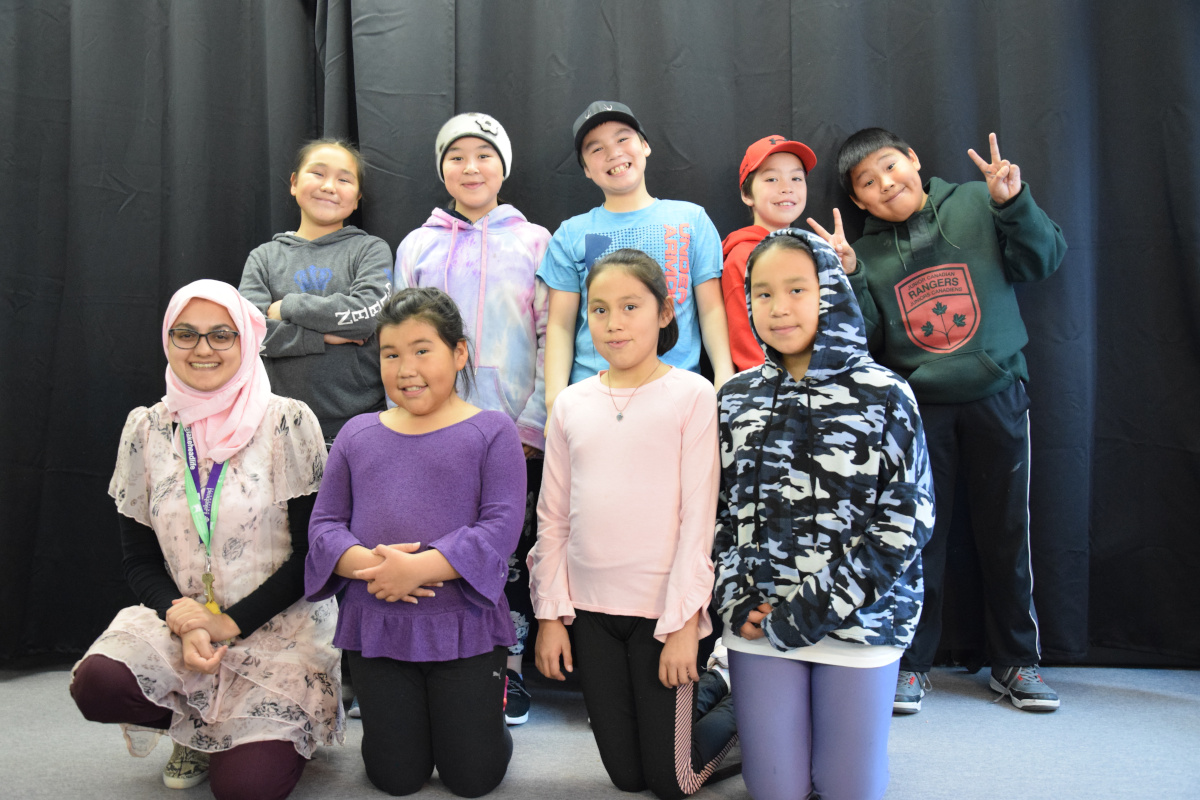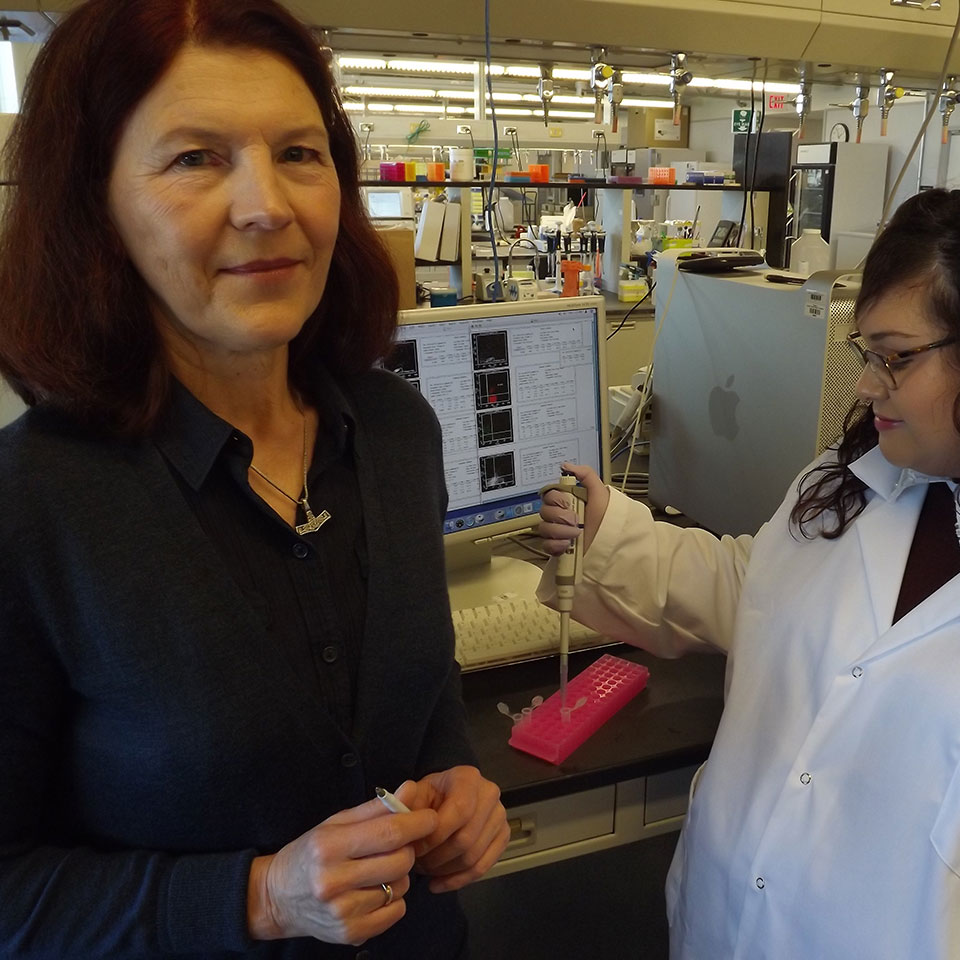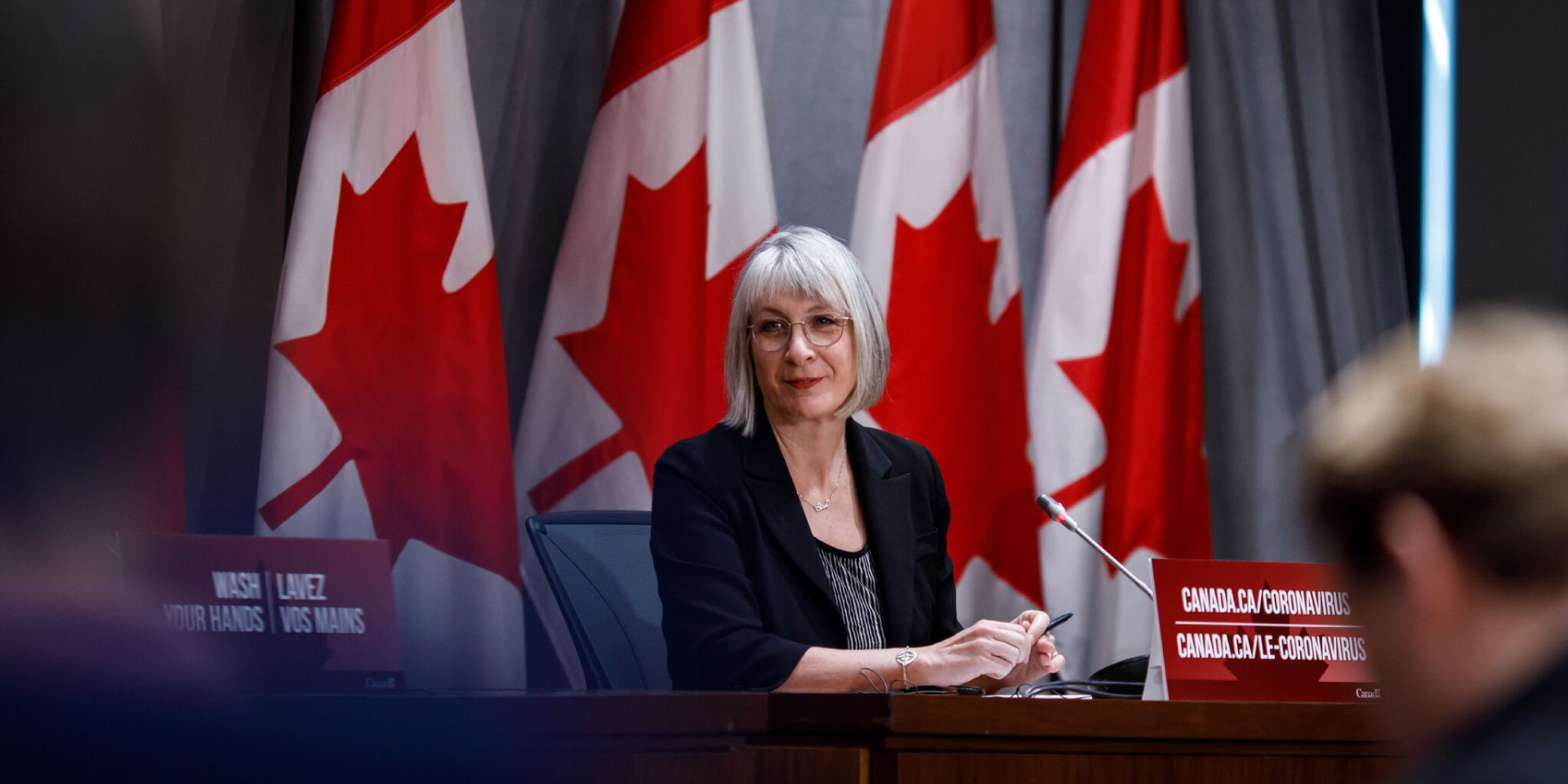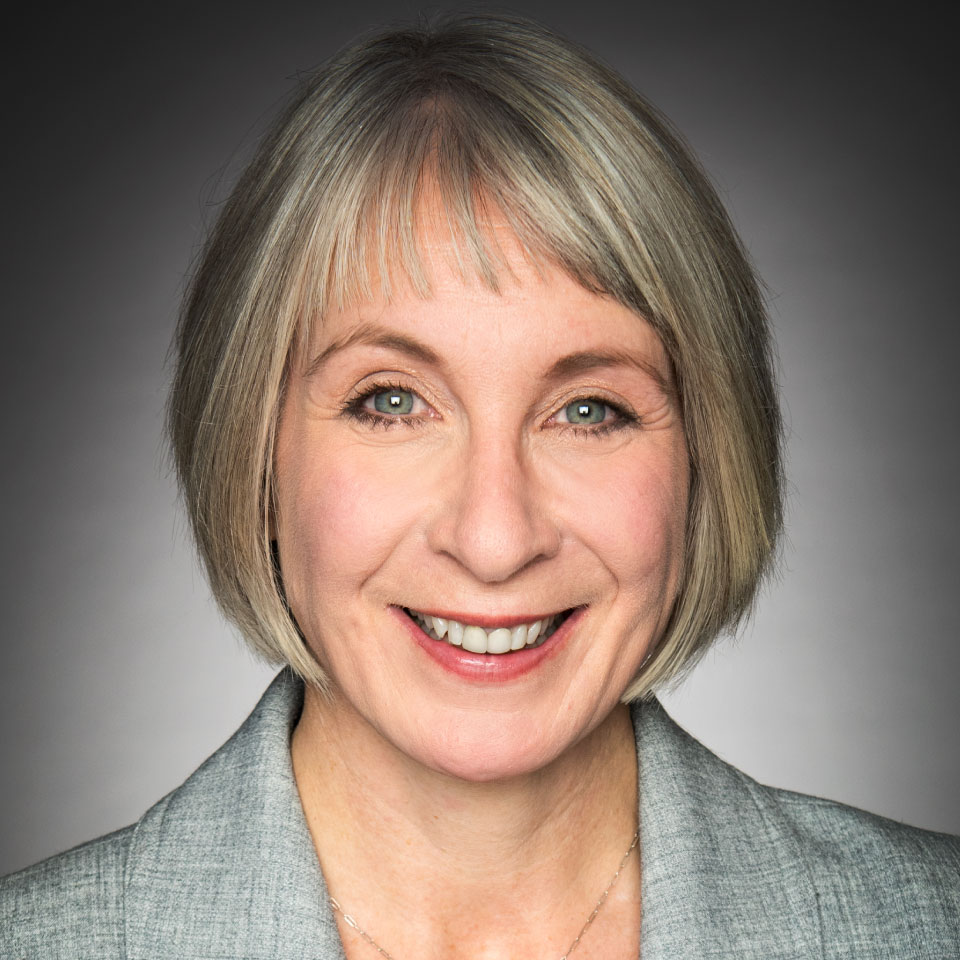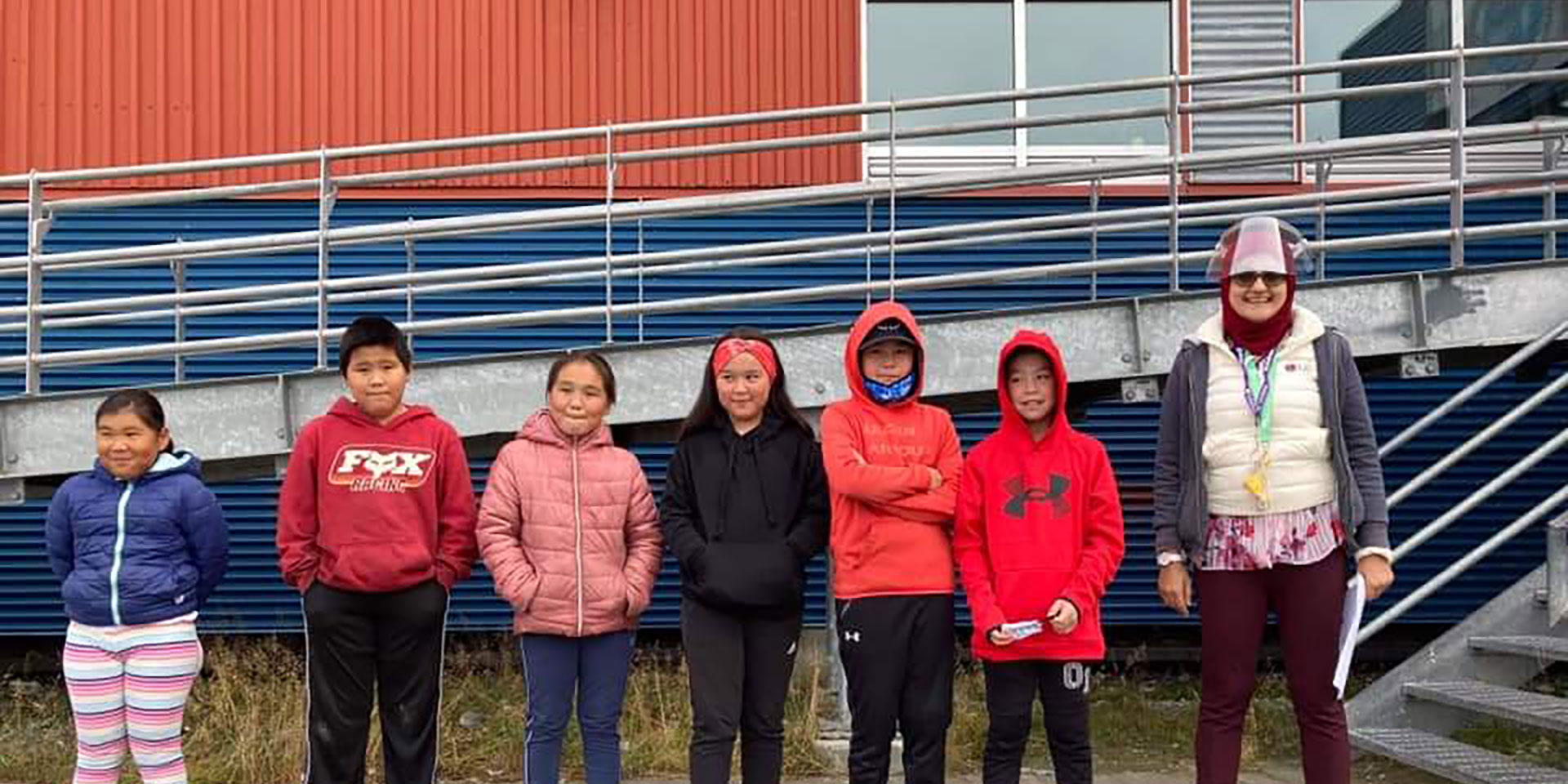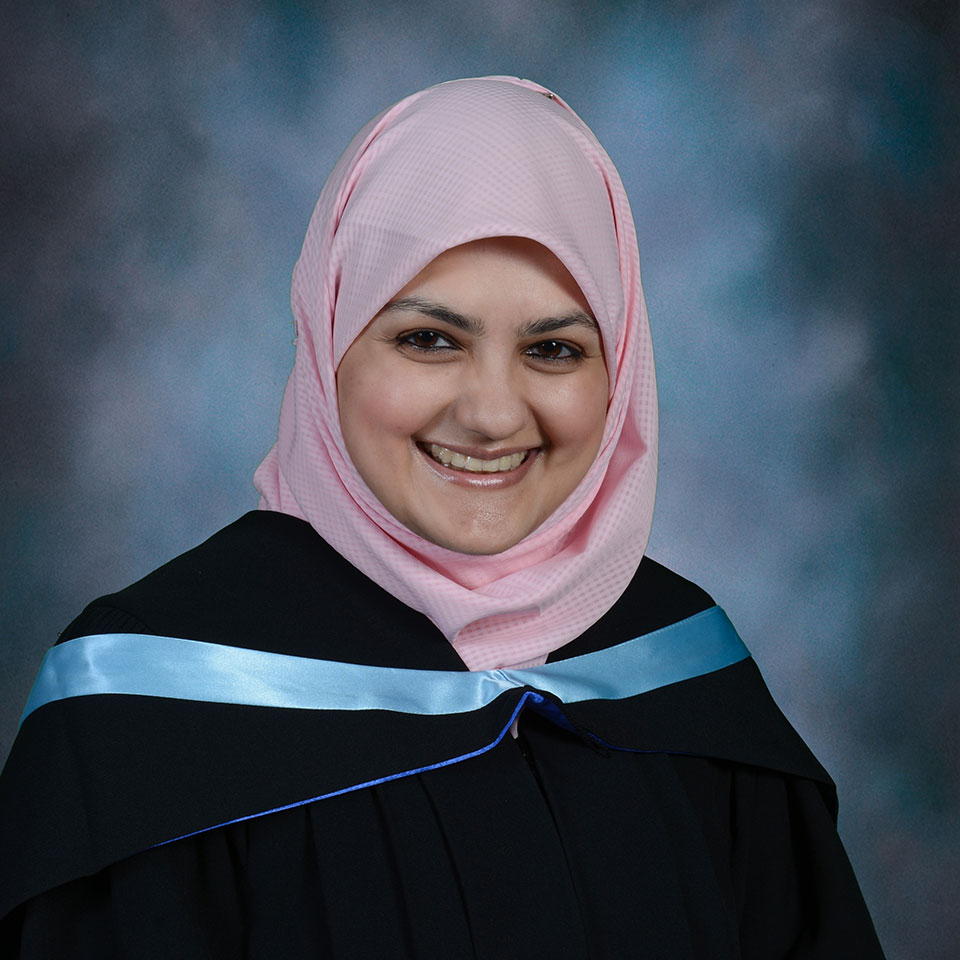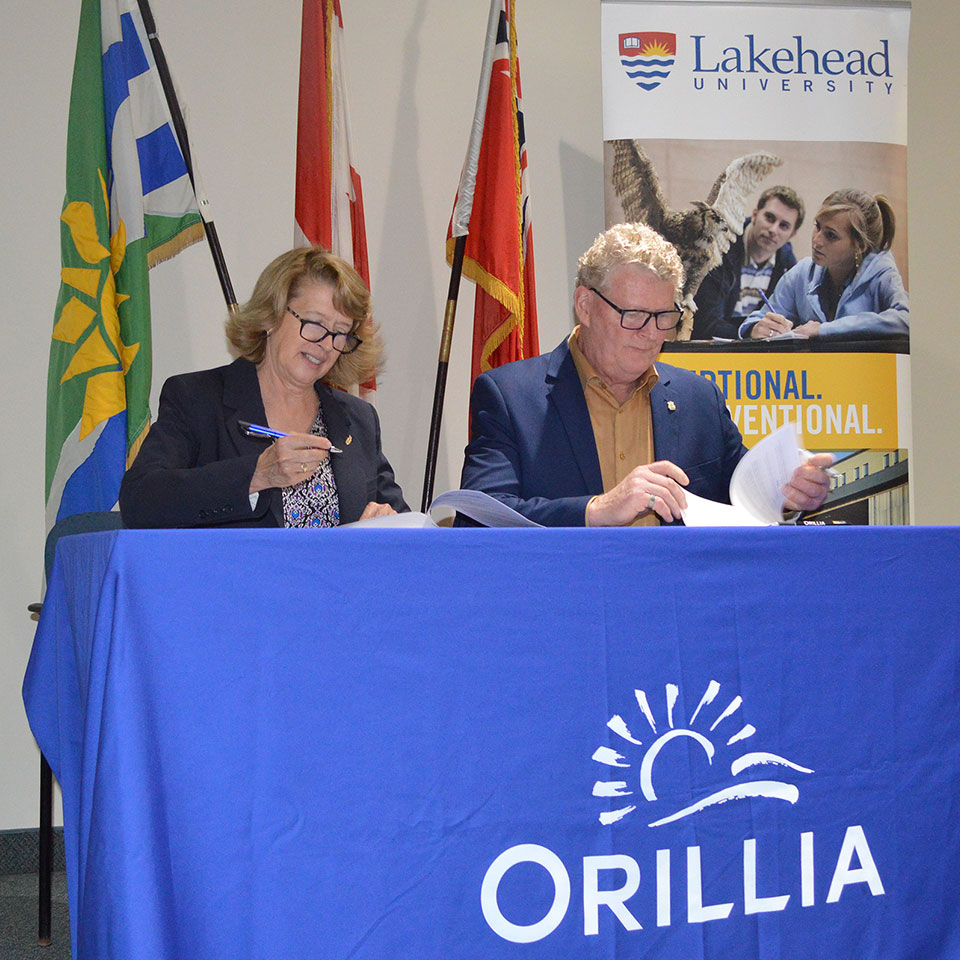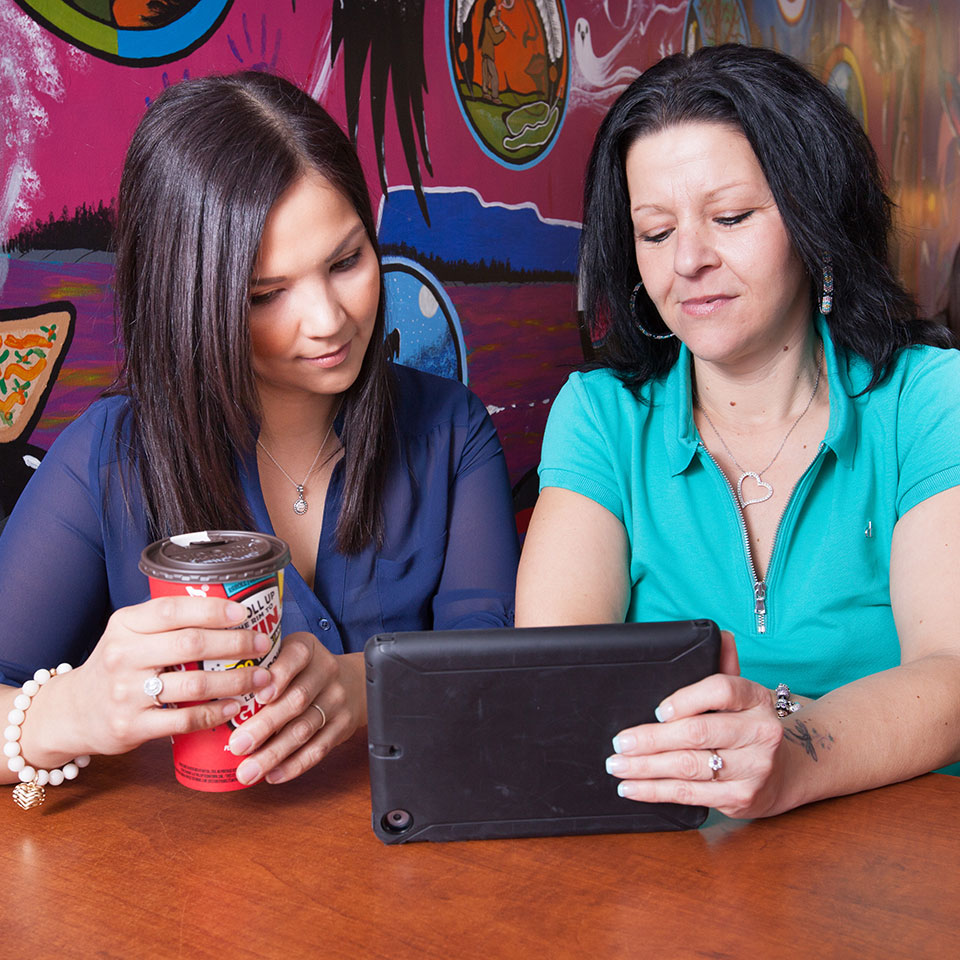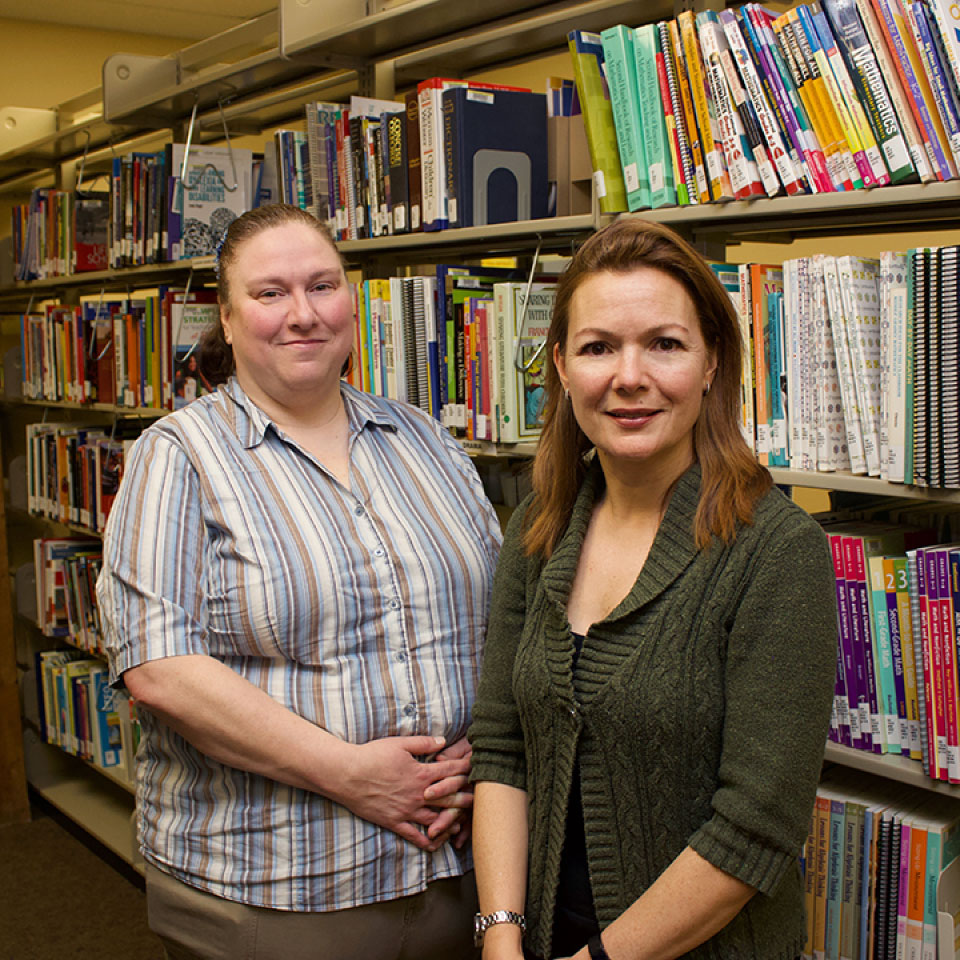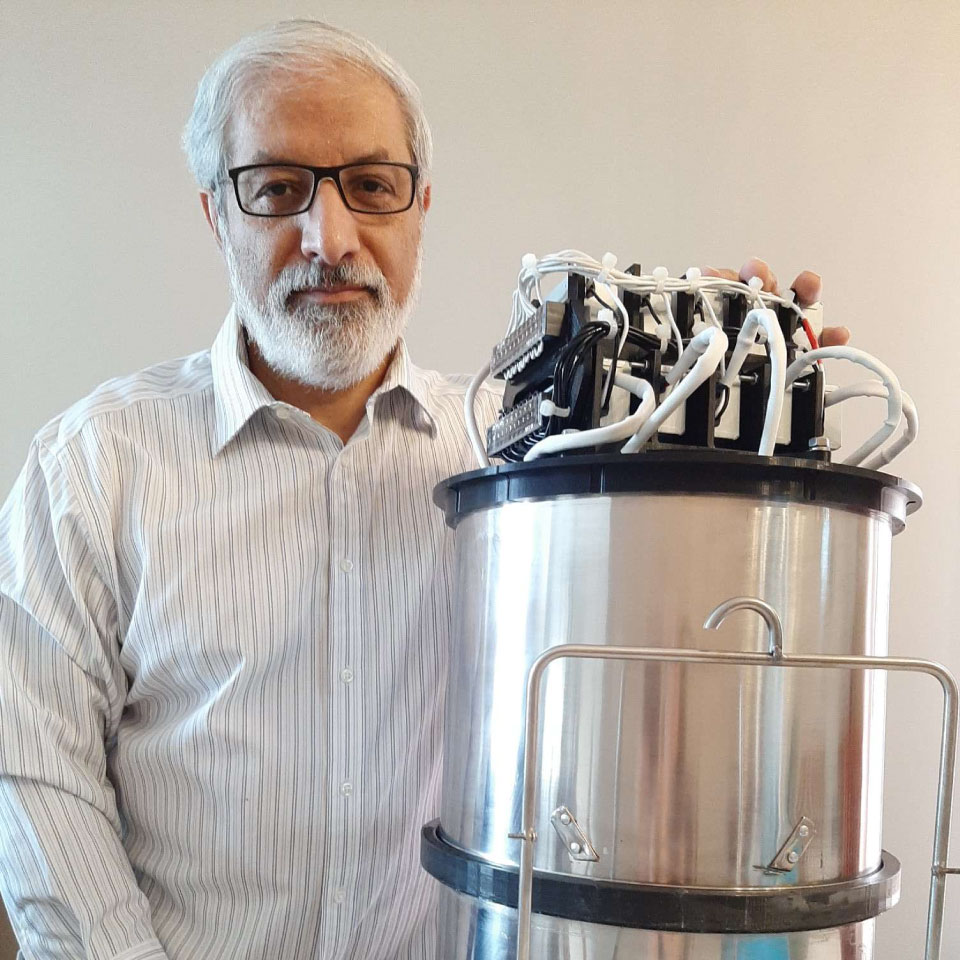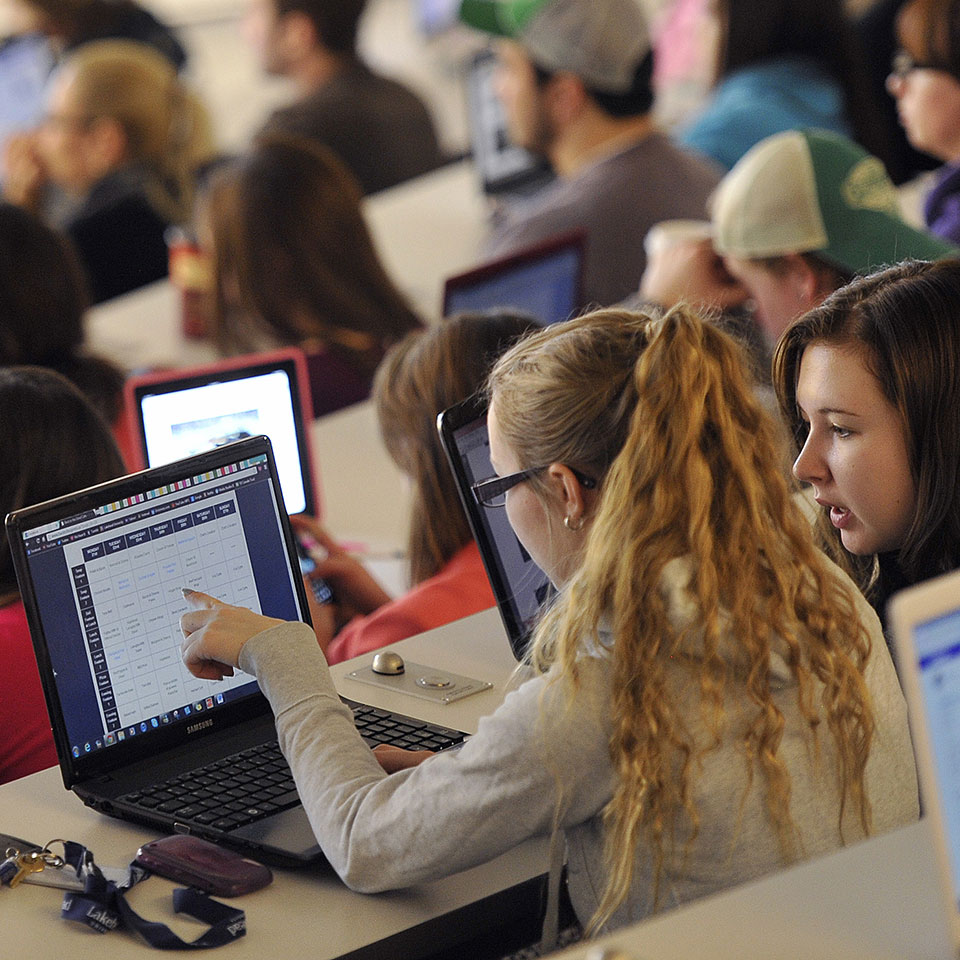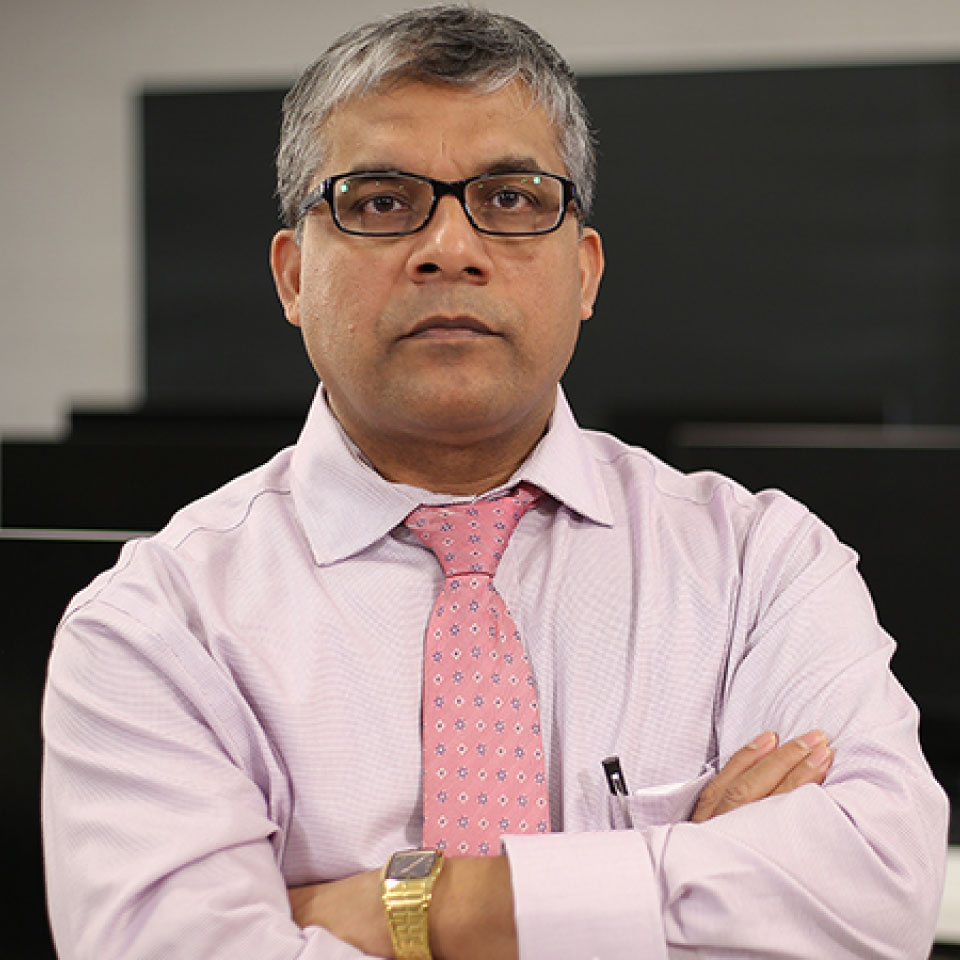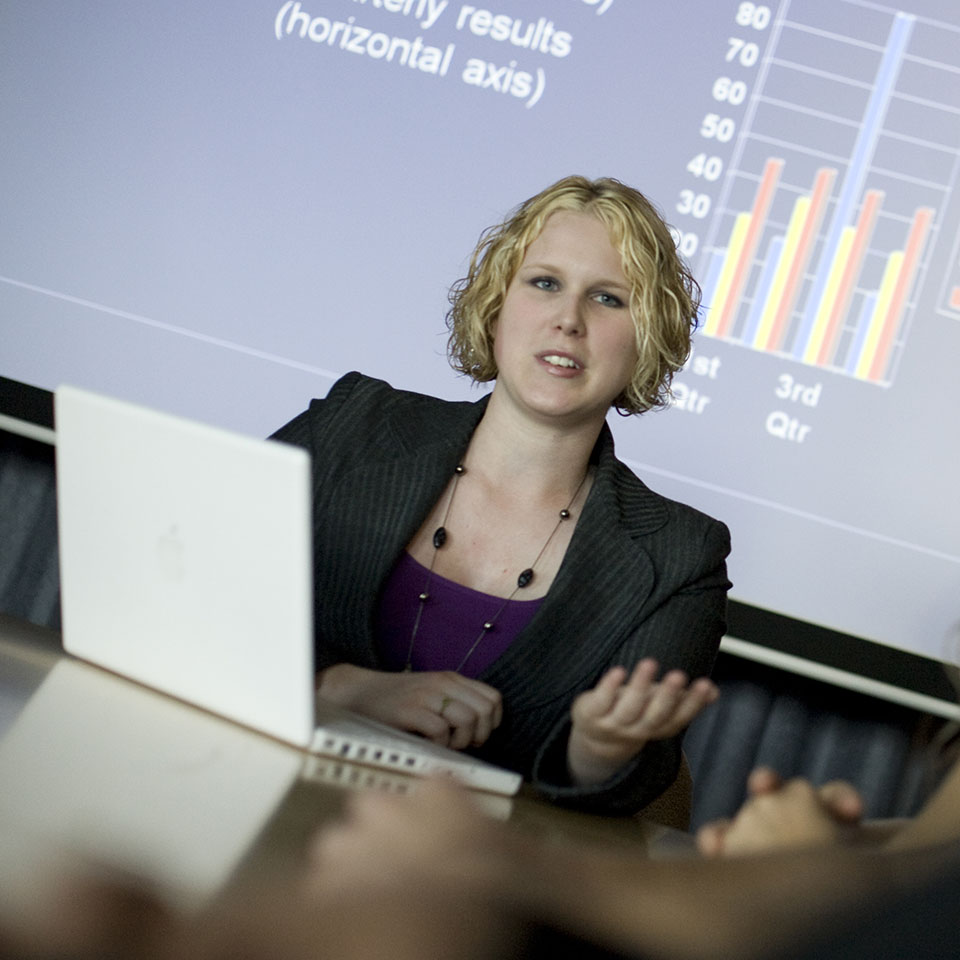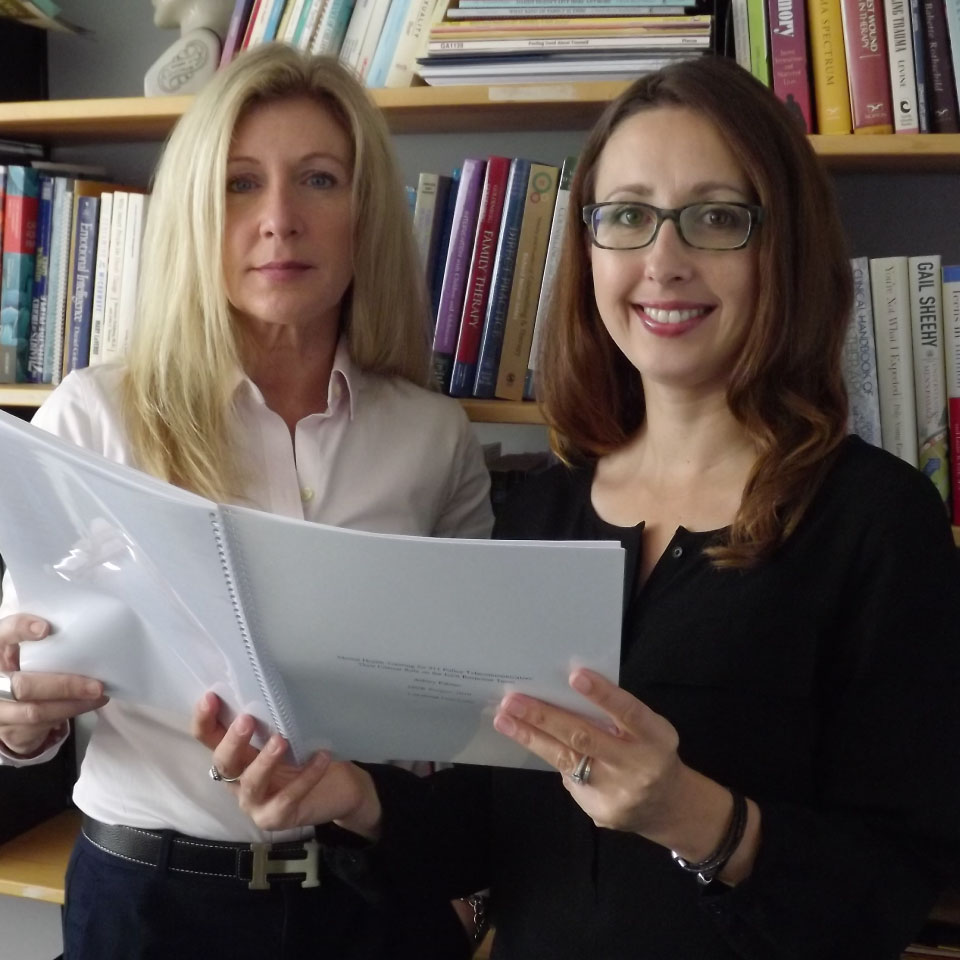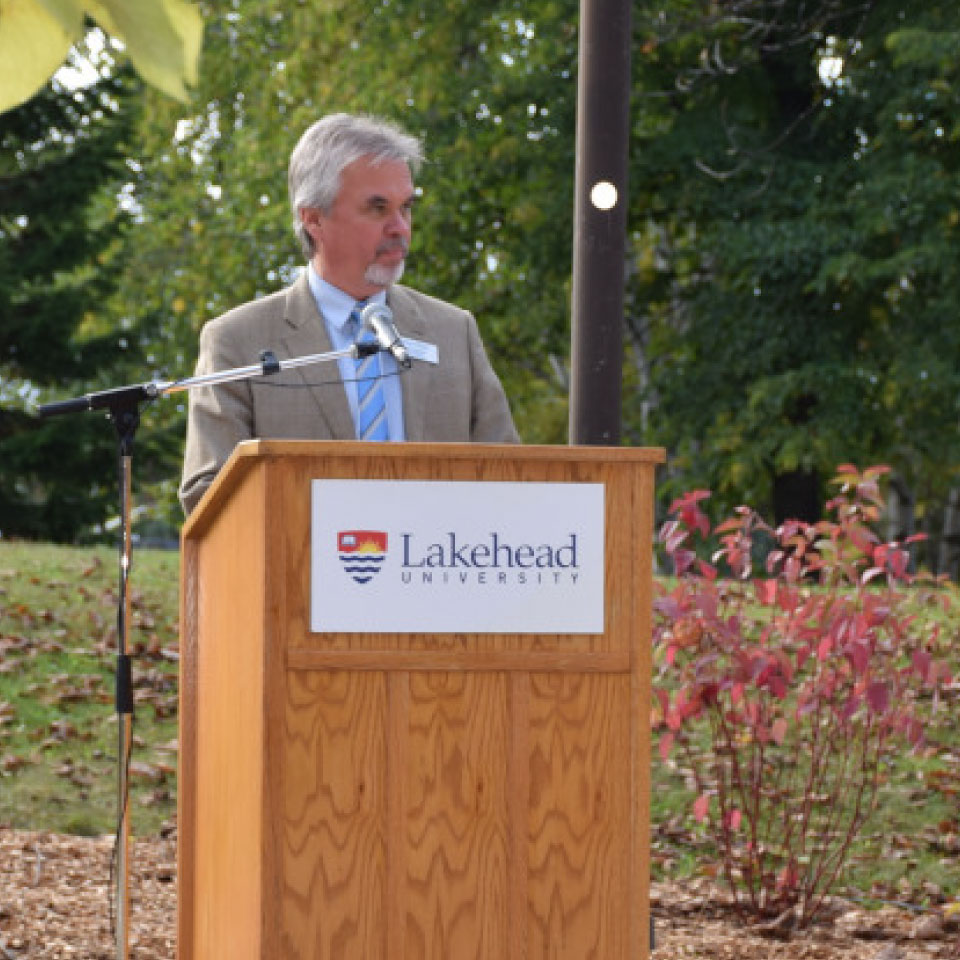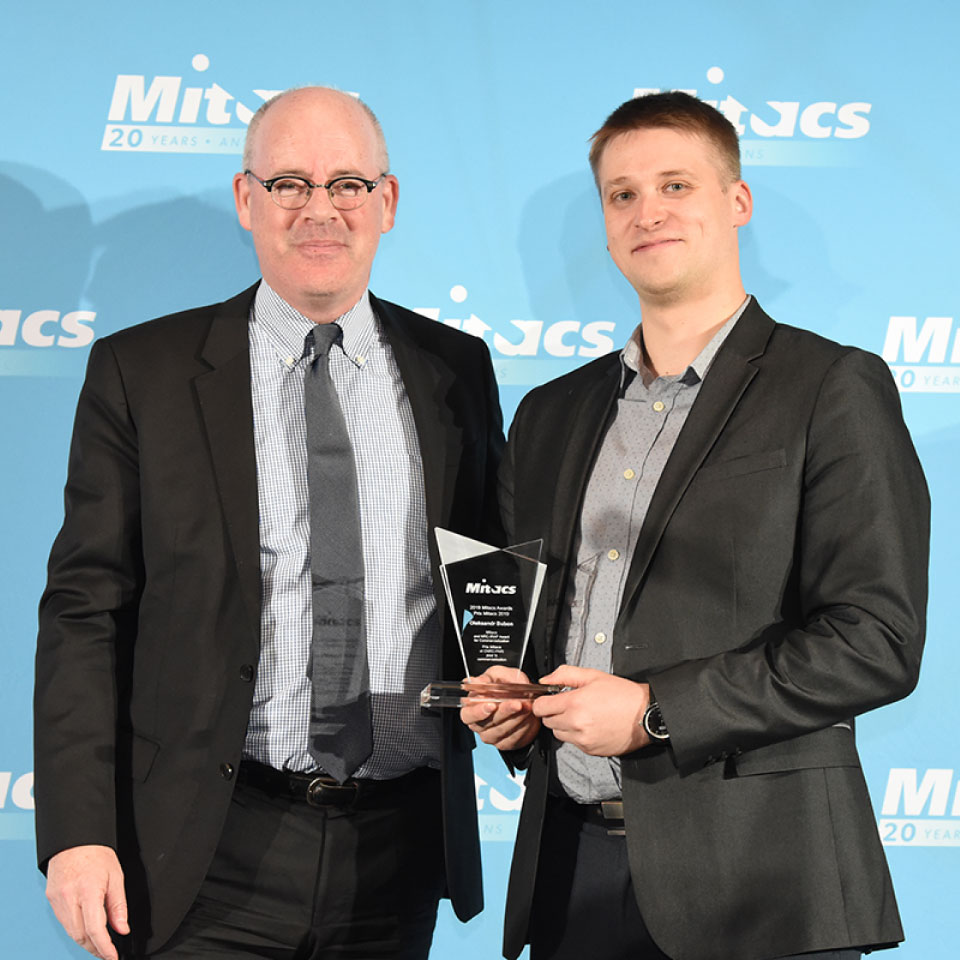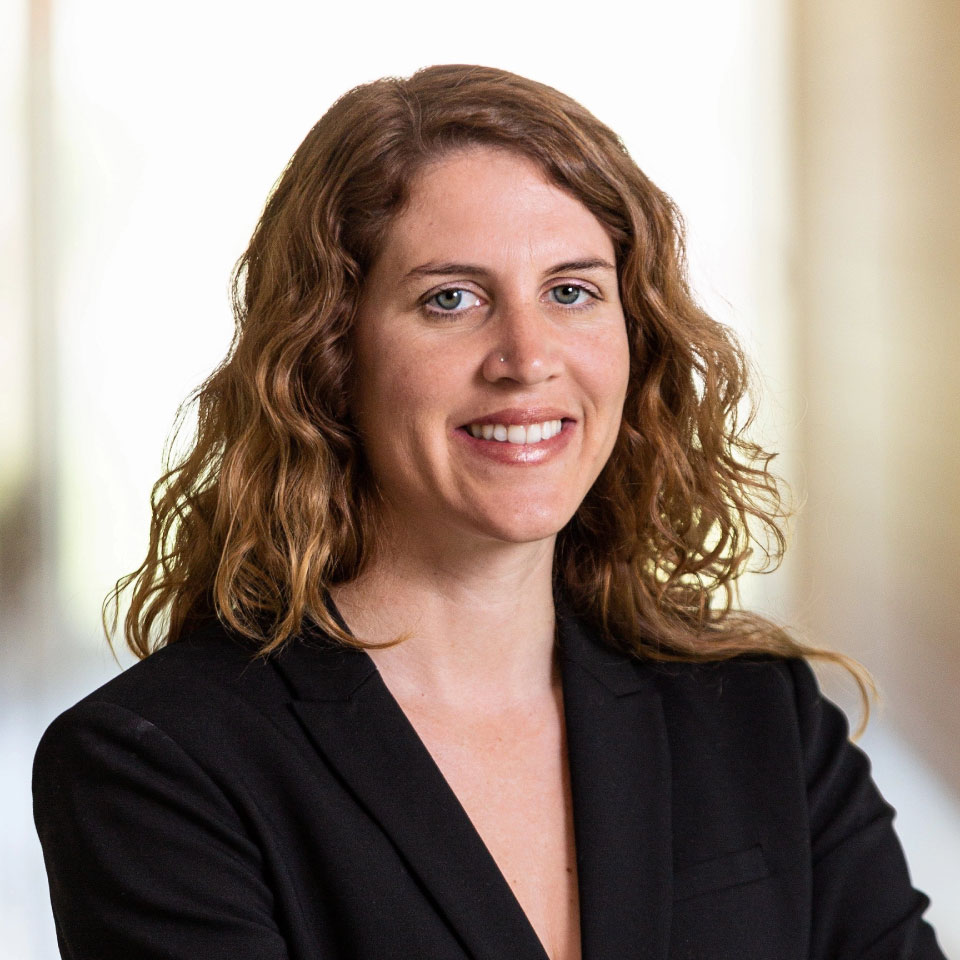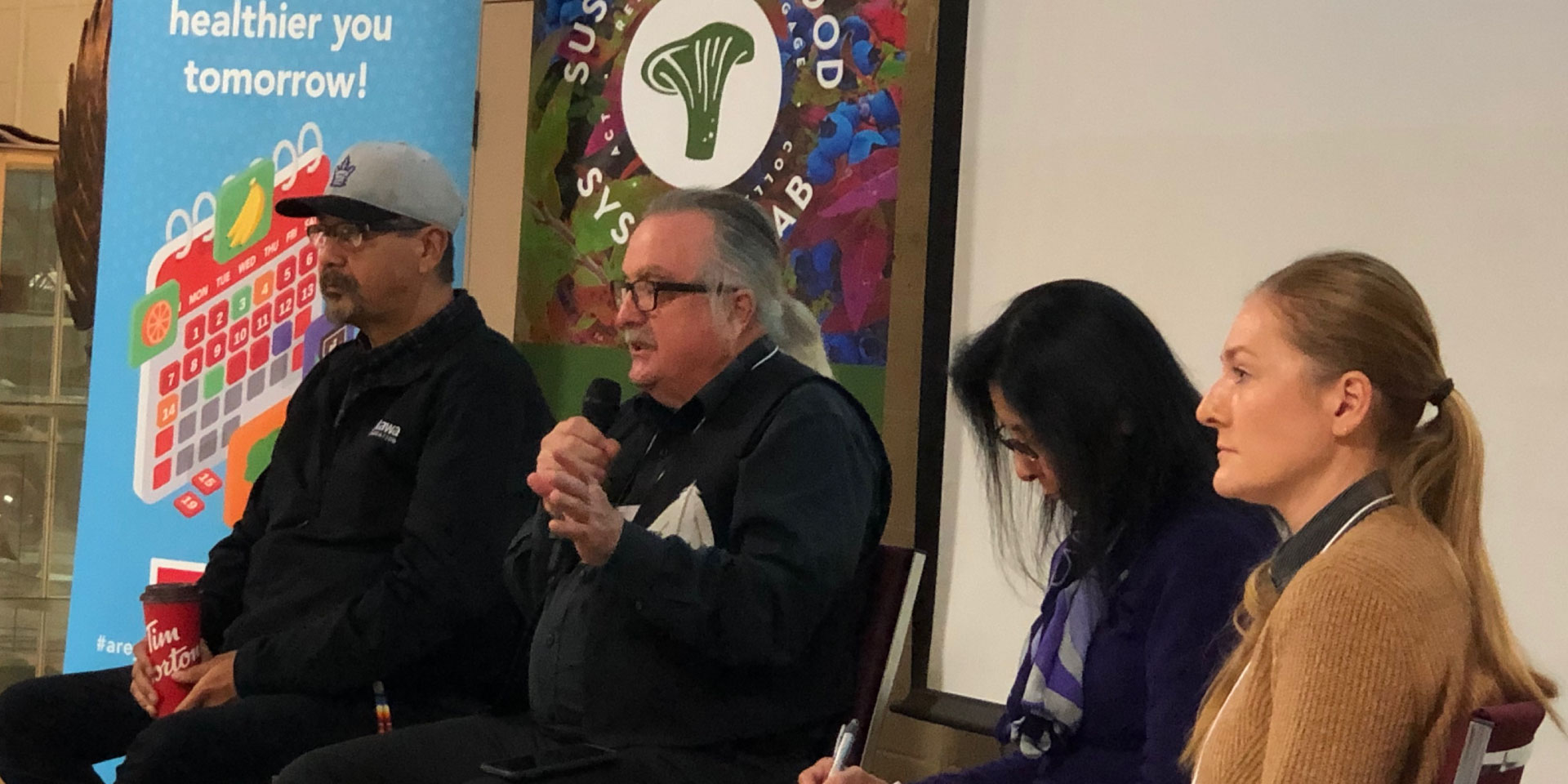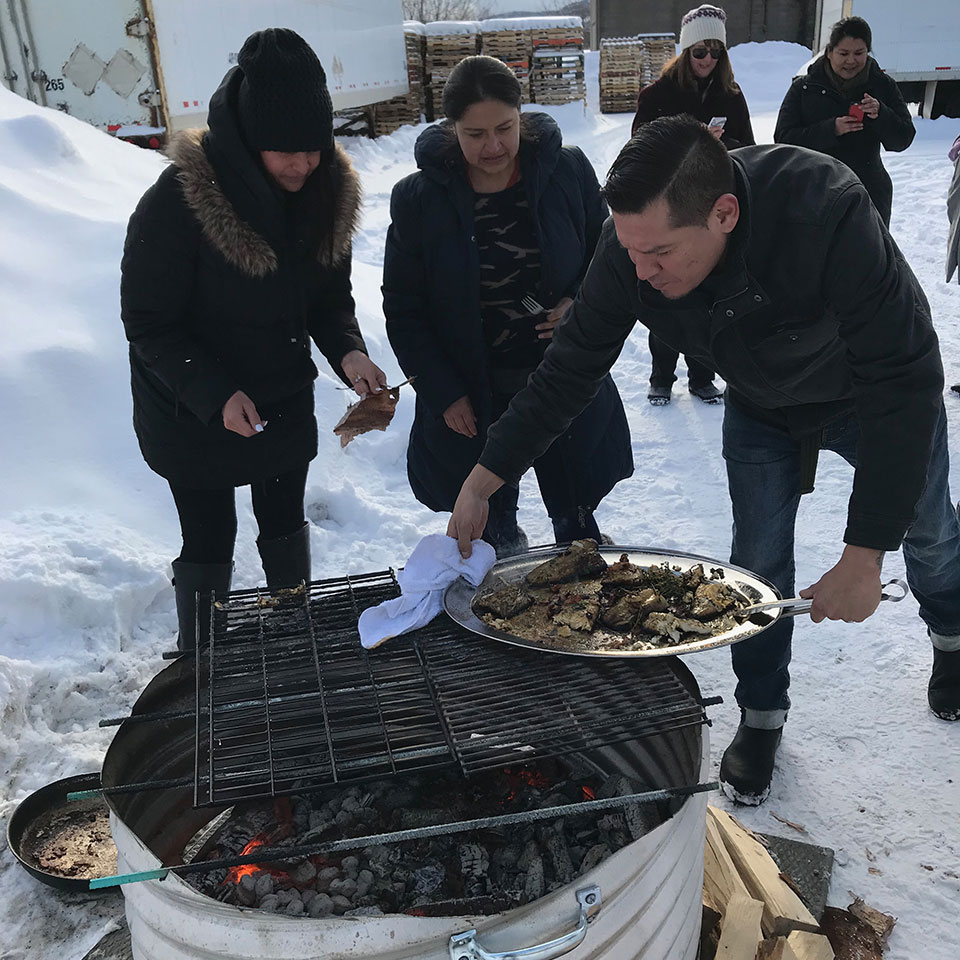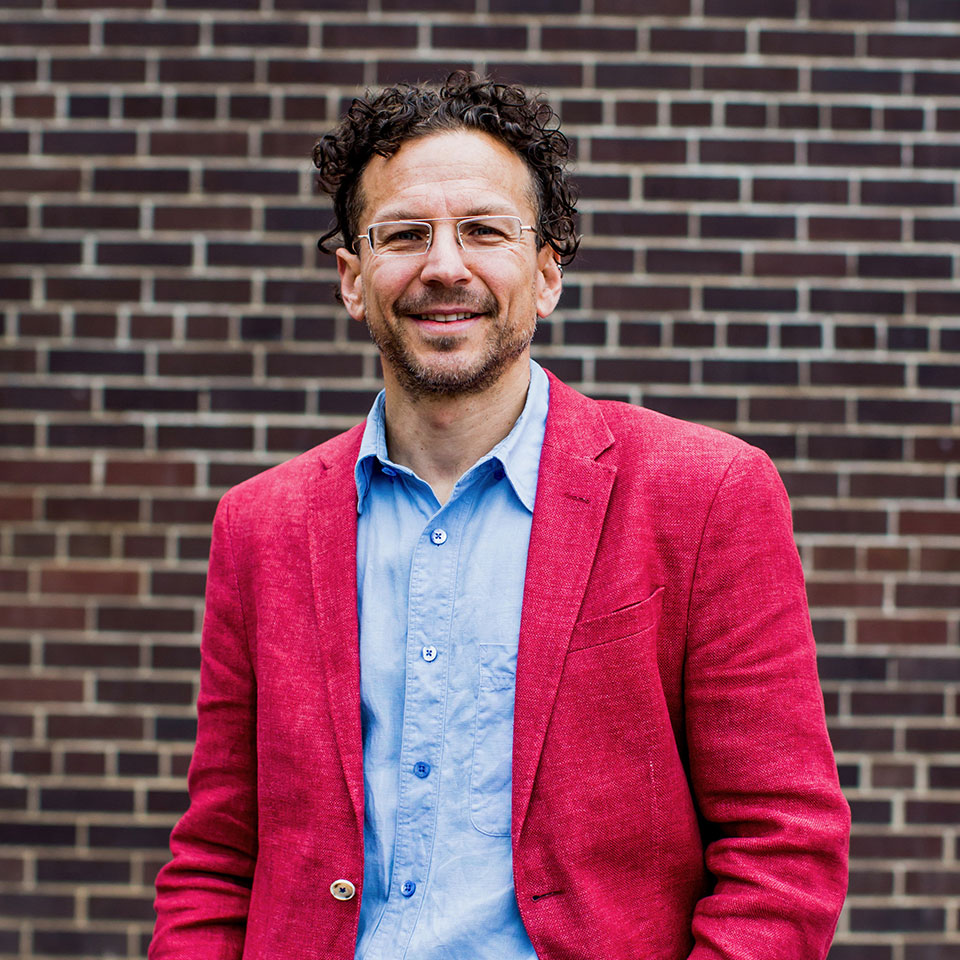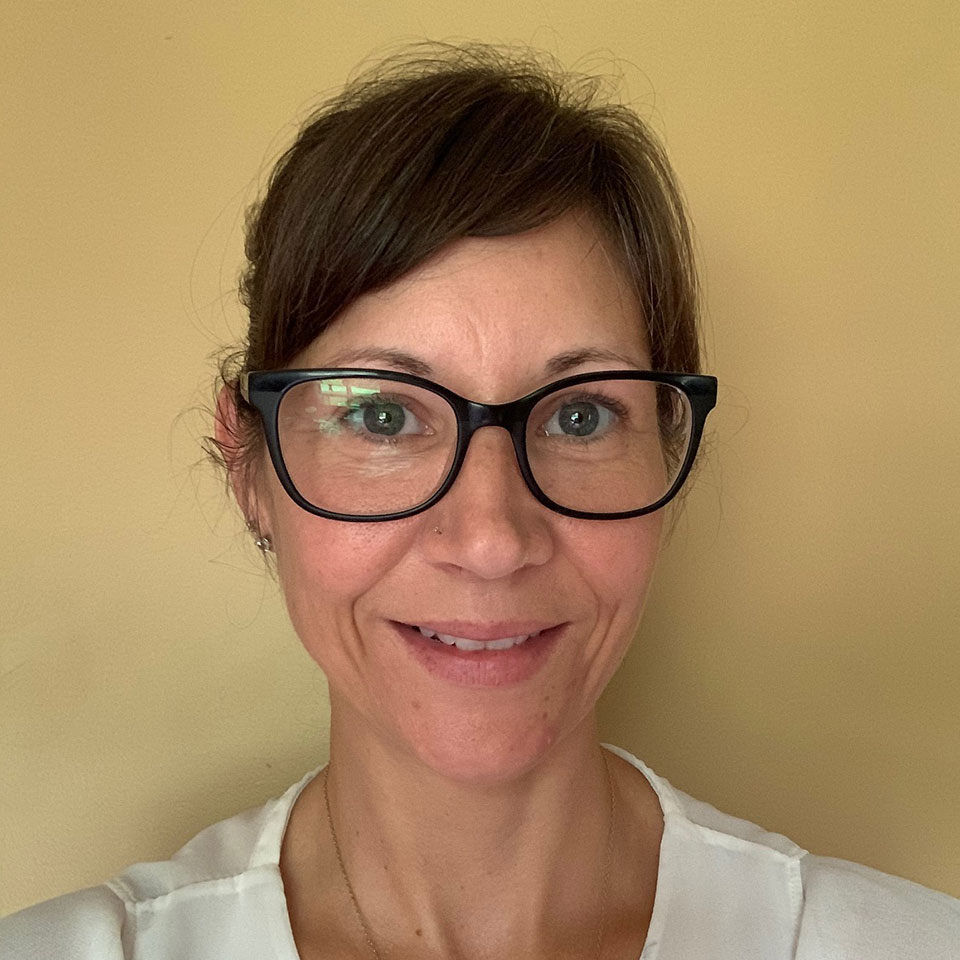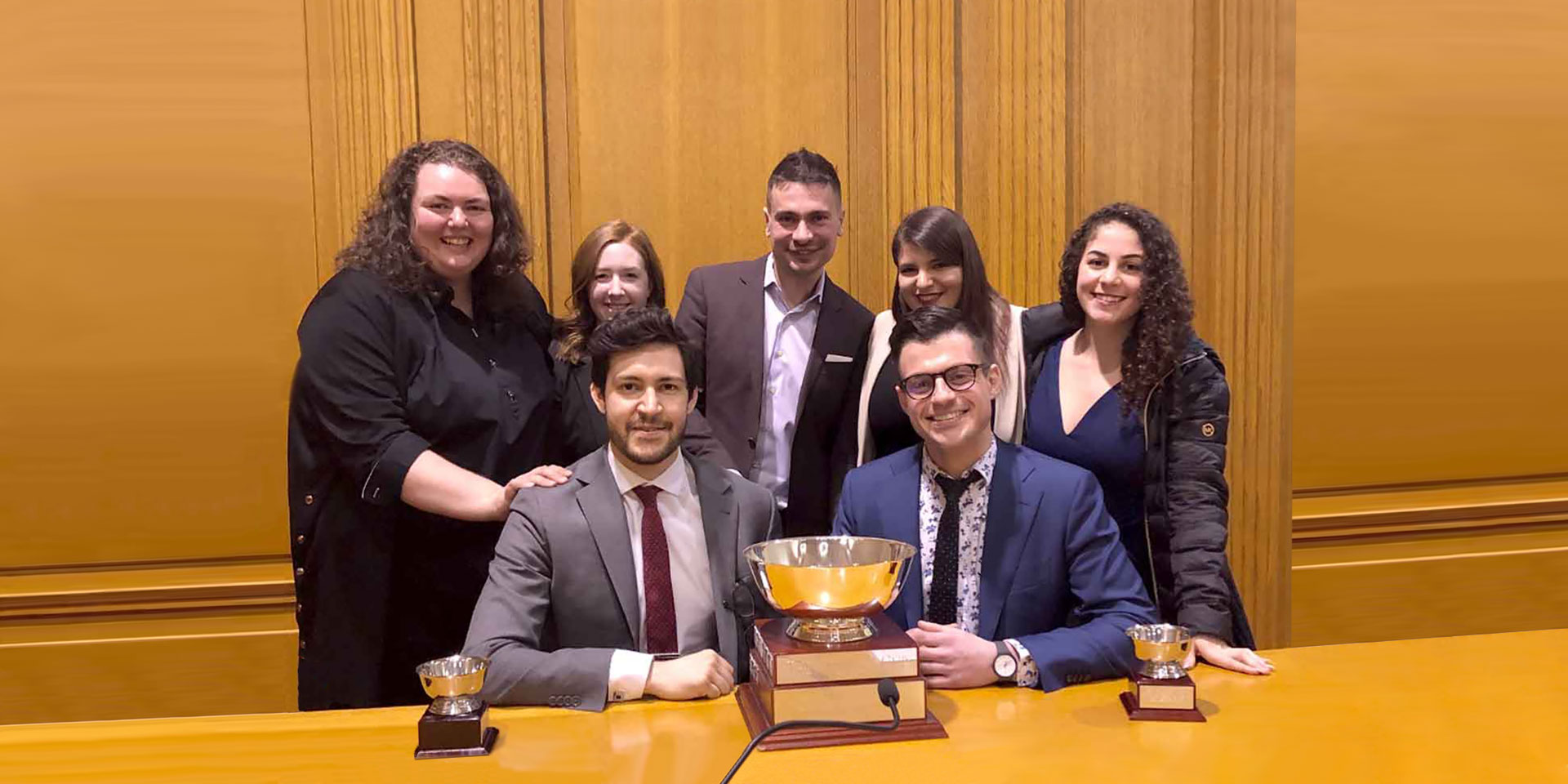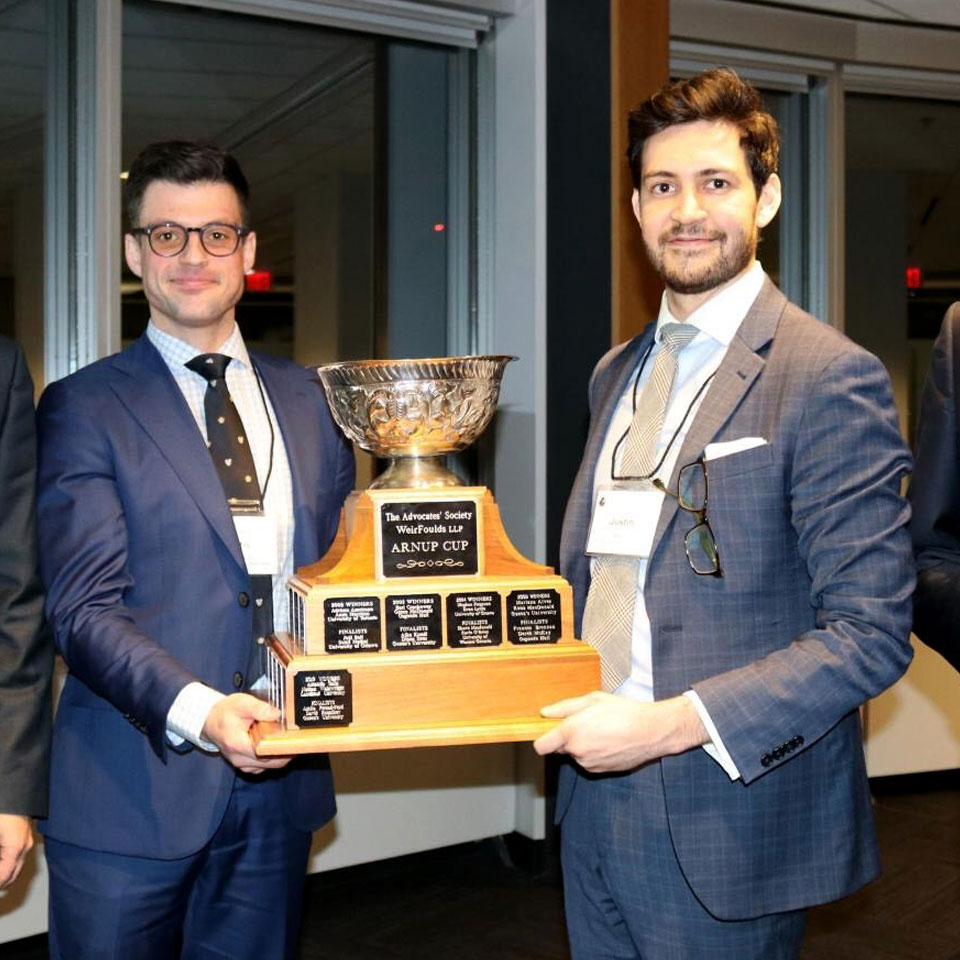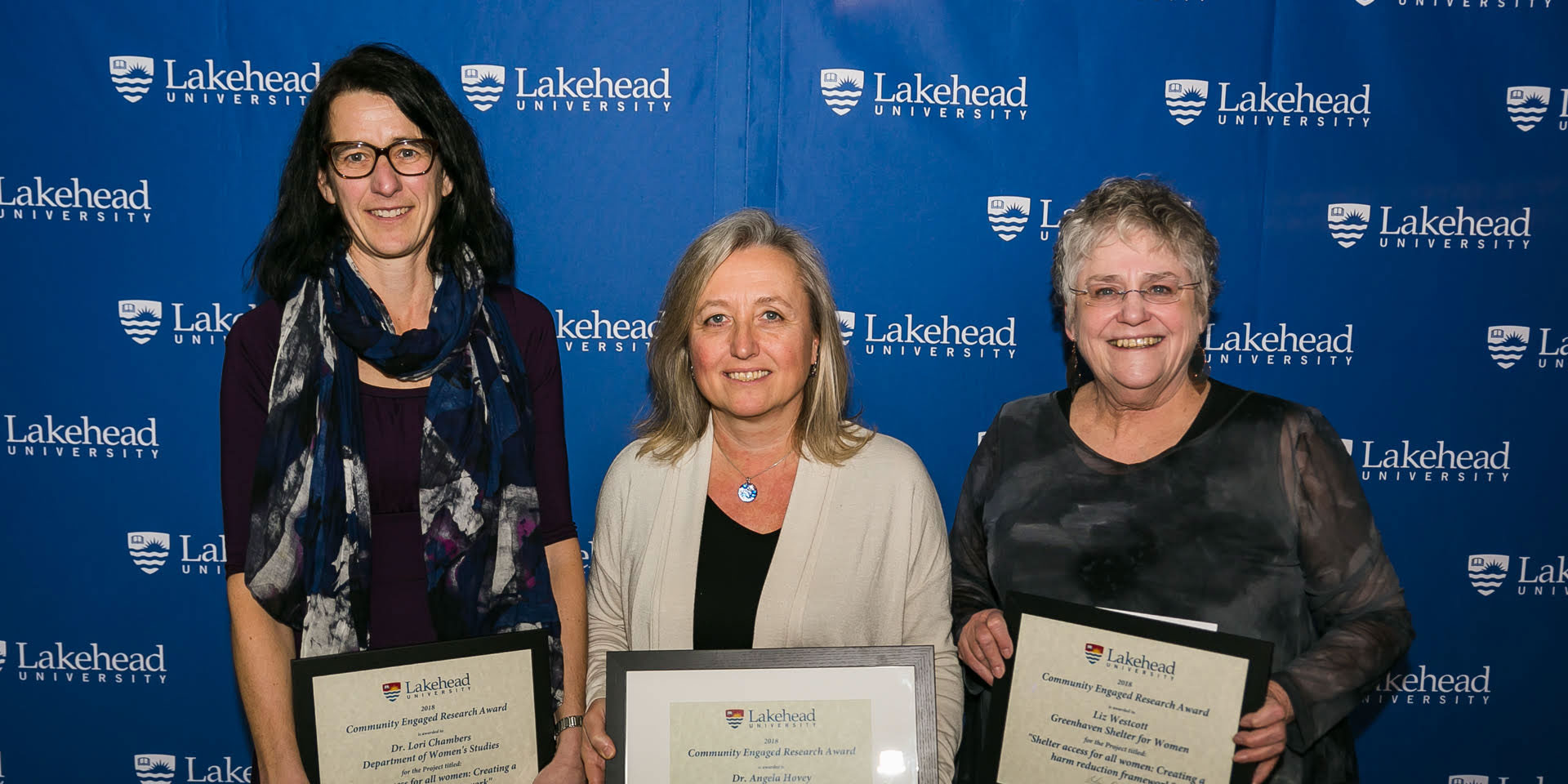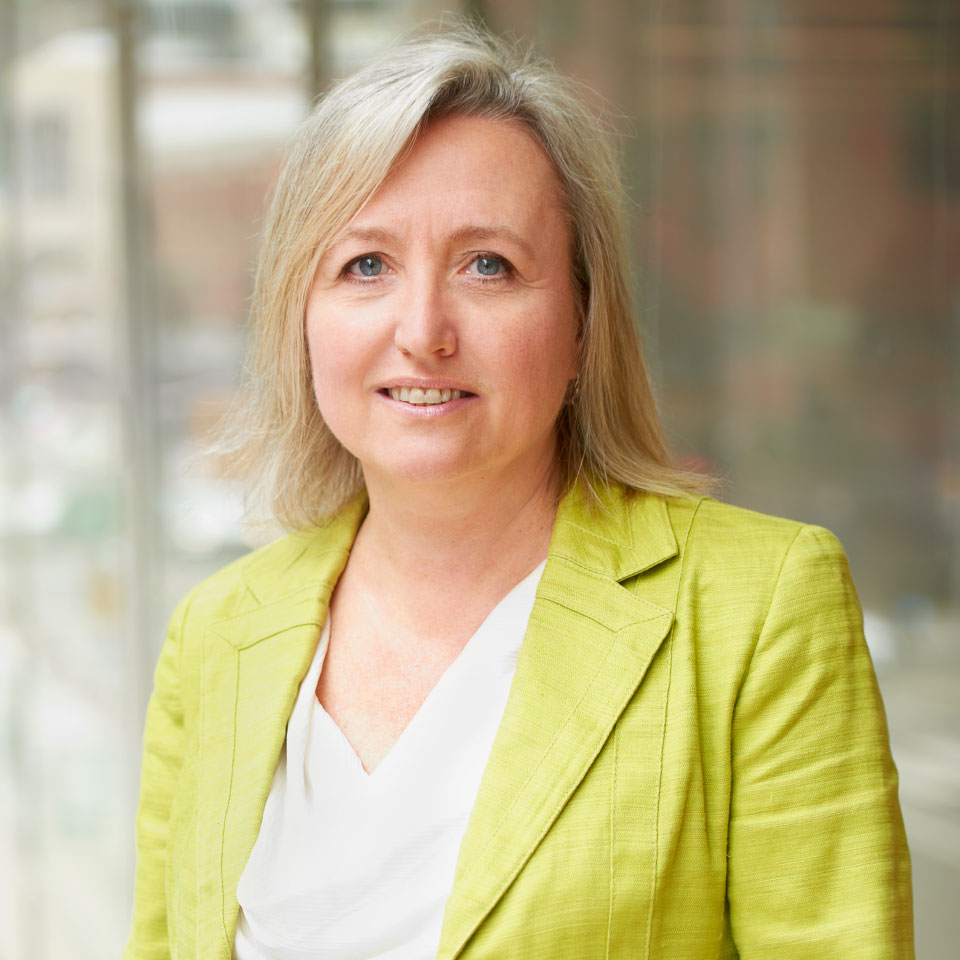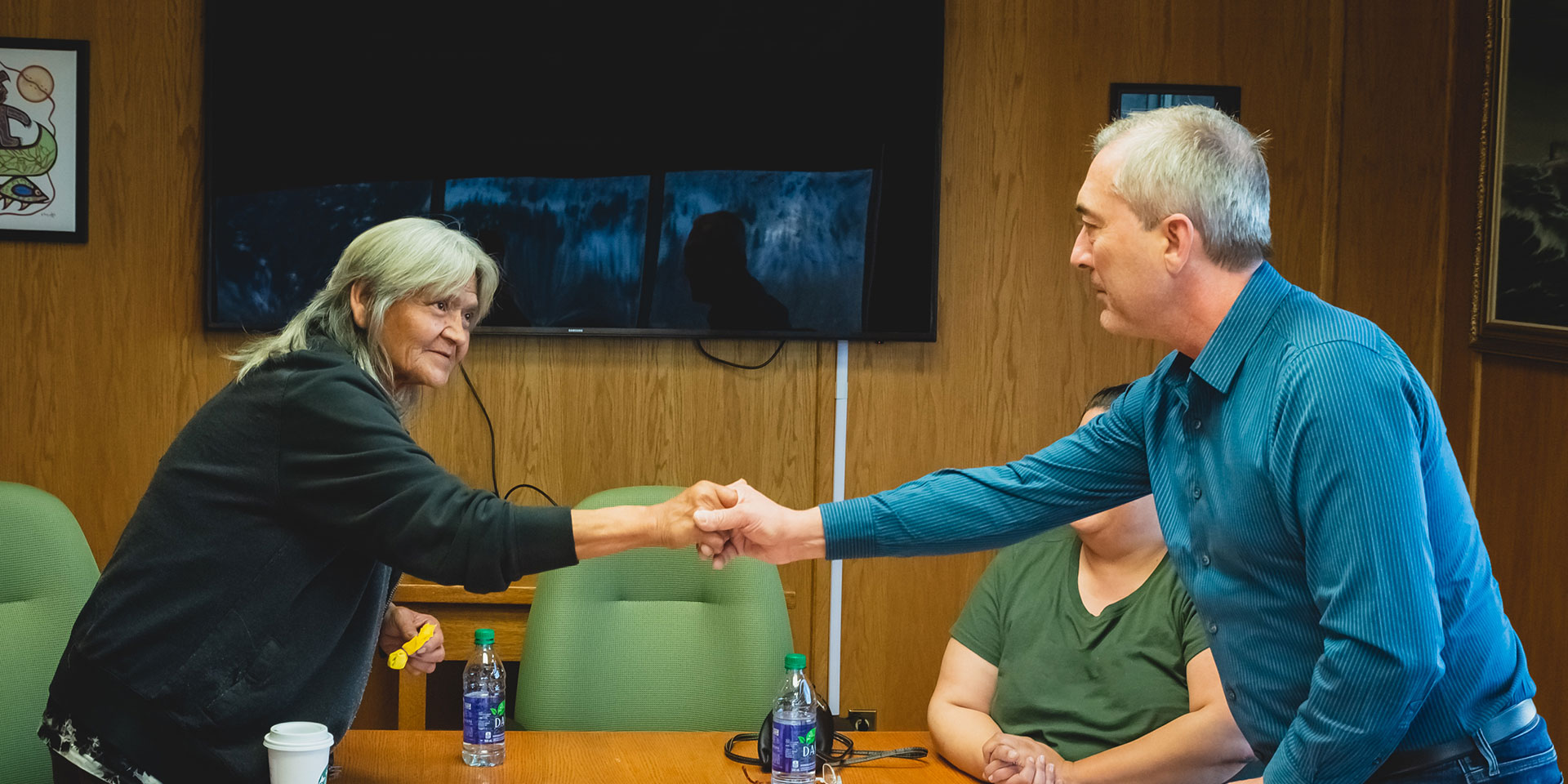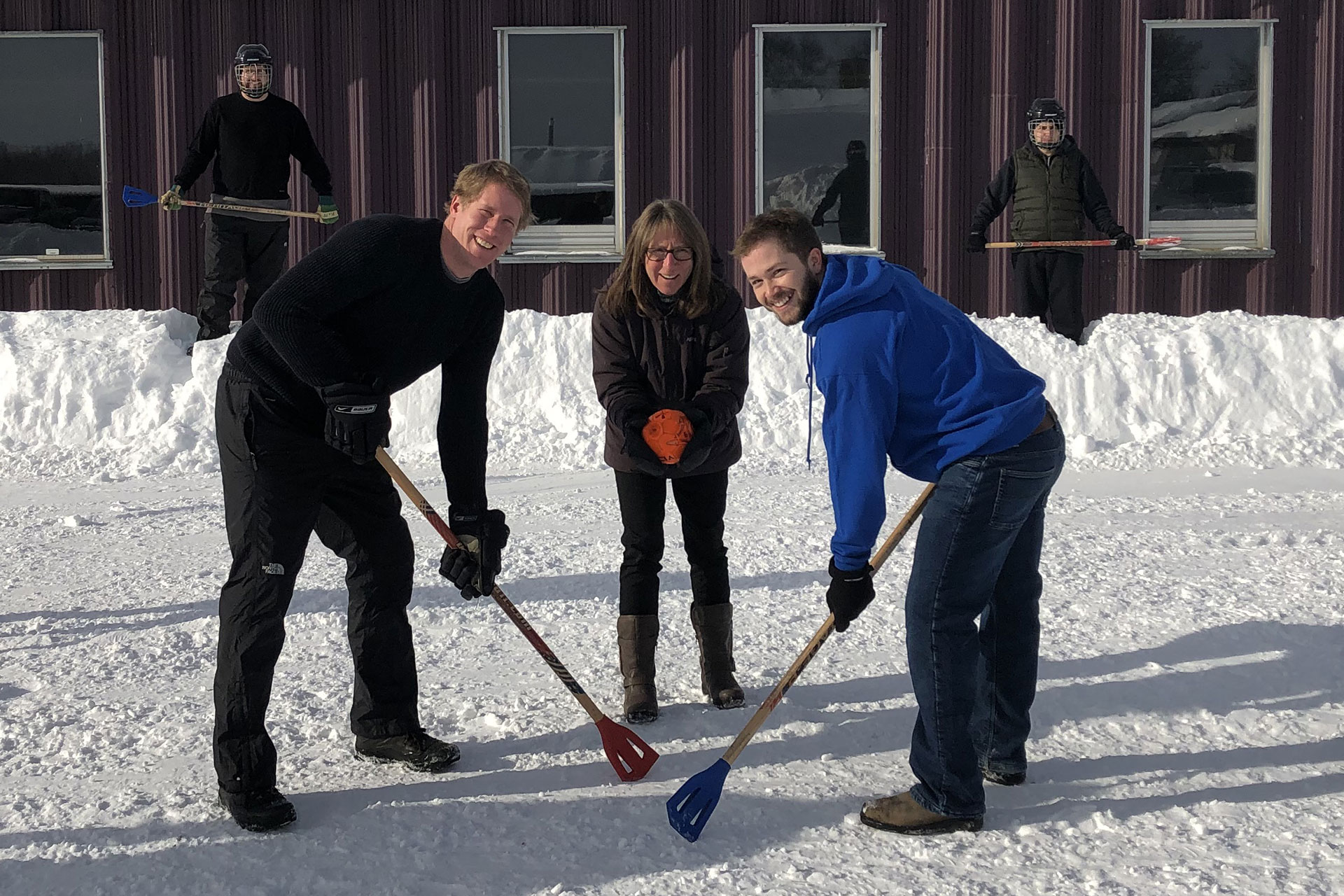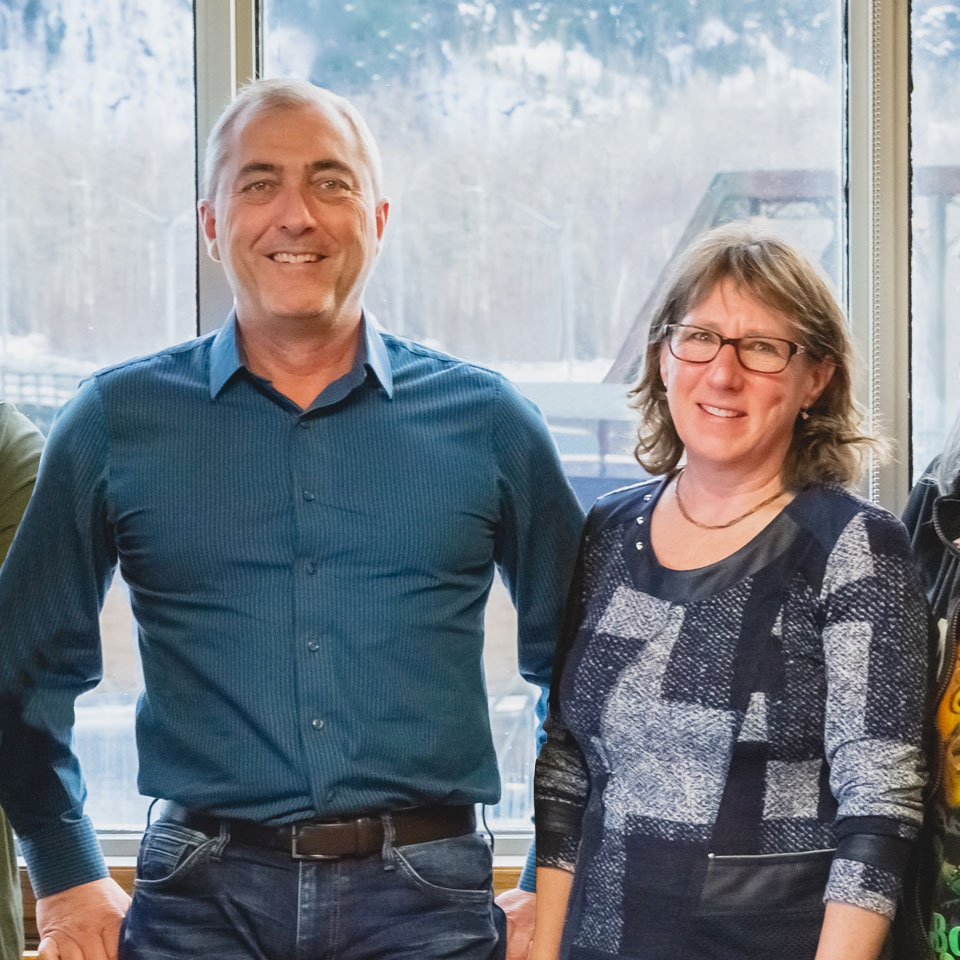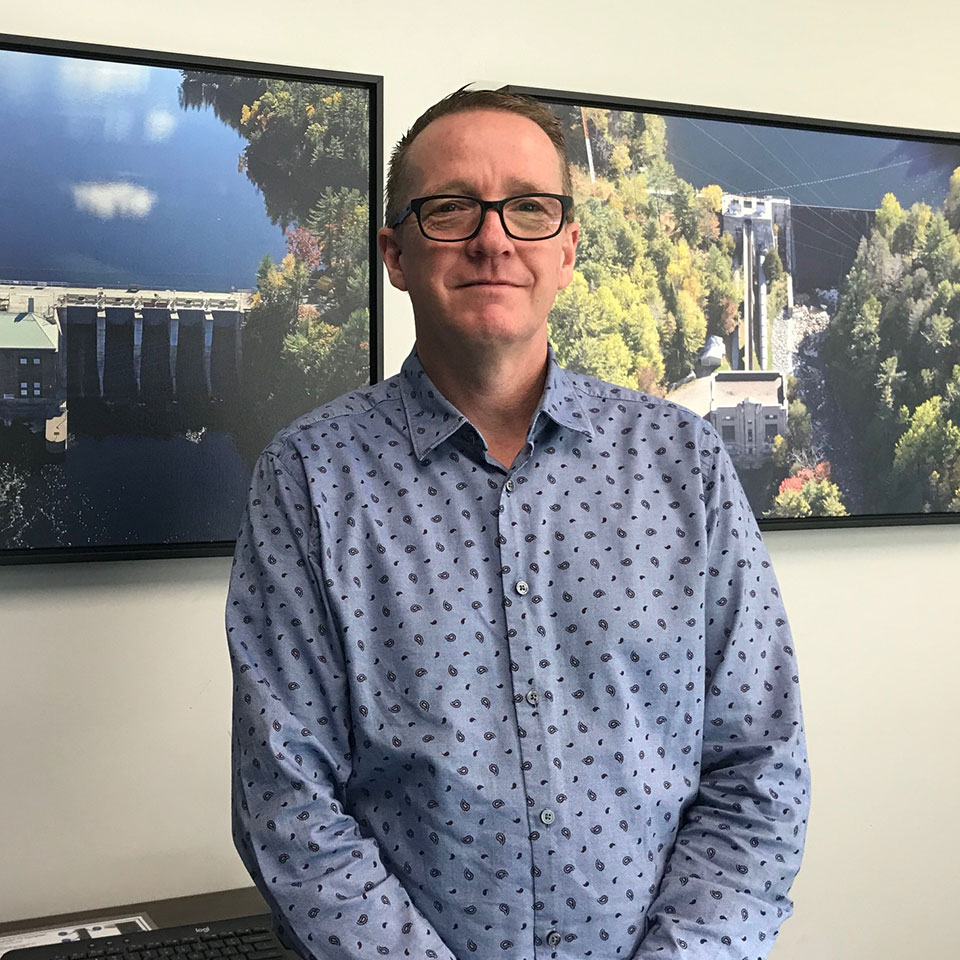Fatima Ahmed knows firsthand how difficult life can be.
Despite her unique challenges, she has a jaw-dropping number of extraordinary accomplishments under her belt; impressive for someone not even in her mid-30s yet.
Fatima has travelled the world since 2006, helping non-profit organizations thrive while she gleaned new insights along the way.
She has assisted in the fight against HIV/AIDS in Botswana, worked with the women’s development officer in Vanuatu (a nation of roughly 80 islands in the South Pacific Ocean), and served as the executive director helping at-risk youth in Inuvik, Northwest Territories. Now she is teaching various subjects to a grade 5/6 class in Nunavik, Quebec.
Travelling has taught Fatima important lessons.
“I have learned that kindness and compassion, not language or culture, are what make someone truly human,” she says.
Fatima, who moved with her family from Pakistan to Stratford, Ontario, in 2000, has also realized that the dynamics of power, privilege, injustice, and oppression exist everywhere, in one form or another.
“Yet, I have witnessed awe-inspiring moments of human generosity,” she says.
Fatima understands how tough it can be adjusting to life at university. It took her 13 years to complete her first degree – at another Ontario university – partly due to an undiagnosed medical disorder and to realizing she had some growing up to do.
A few years before enrolling at Lakehead University, her doctor diagnosed her with bipolar disorder, which causes shifts in a person’s mood and energy levels. She came to Lakehead after learning about accommodations that the university offers, which have helped her face the challenges of assignment deadlines and tests.
“I did not need these accommodations often,” she says.
“Having gone to a large university and a large campus for my first undergraduate degree, I think there is something special about attending smaller universities or campuses. At smaller universities, one is less likely to get lost as a number, which was unfortunately my experience with a larger university.”
To anyone struggling, Fatima says just remember that your persistence will pay off.
“The steam I have been able to gather since starting the Bachelor of Education program at Lakehead University has surprised even me.”
“In Sufi literature, they use the metaphor of a door and tell you to keep knocking; that the door will eventually open,” she says. “So, if you are hitting one roadblock after another, my advice is just have faith that all you have to do is keep knocking and the door will eventually open.”
It's clear that her persistence has definitely paid off. In 2019, she received an Ontario College of Teachers Scholarship for her excellence in teacher education.
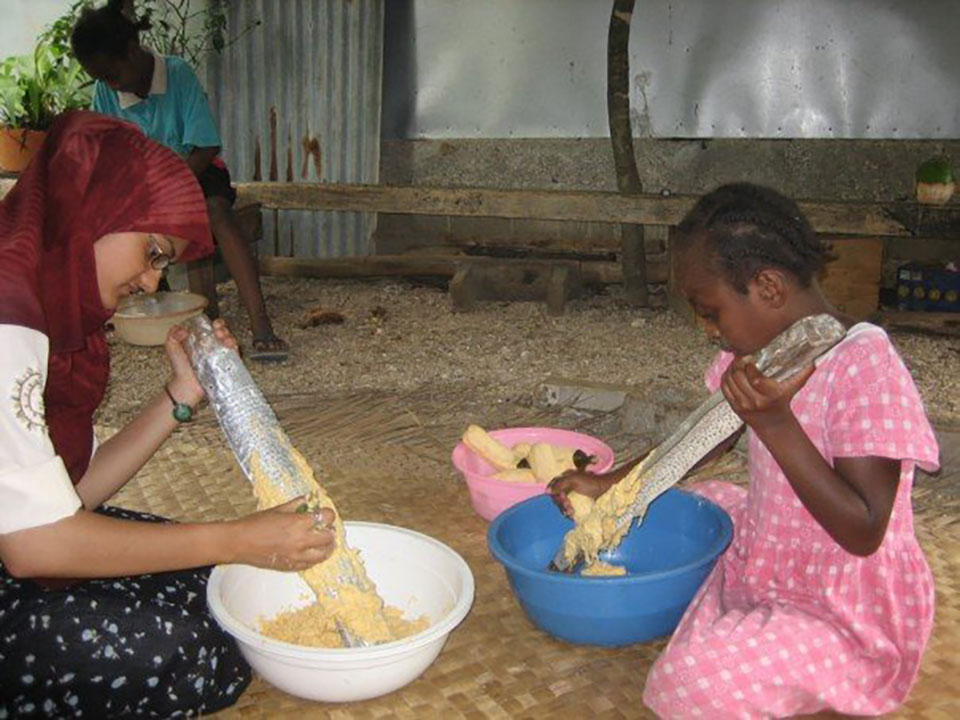
Fatima has also realized how lucky she is to be safe during the global pandemic, which has provided her with important reminders about the needs of the mind, body, and soul.
“Physical exercise, connection to nature, and human connection are key to leading a healthy, stable life,” she says. “There's a premium on space, especially during a pandemic, and I feel immense gratitude for having a safe space that I could find refuge in when it was unsafe to be around people.”
Fatima describes Lakehead Orillia as a quaint, beautiful place to learn and study.
“There is immense potential at the Orillia campus to leave behind a legacy by starting or participating in something that is meaningful to you,” she says.
Speaking of building a legacy, Fatima has big plans for her future. She is currently working on her Master of Education at Lakehead. She jokes with her mom that she wants to earn 10 university degrees by the time she turns 45.
